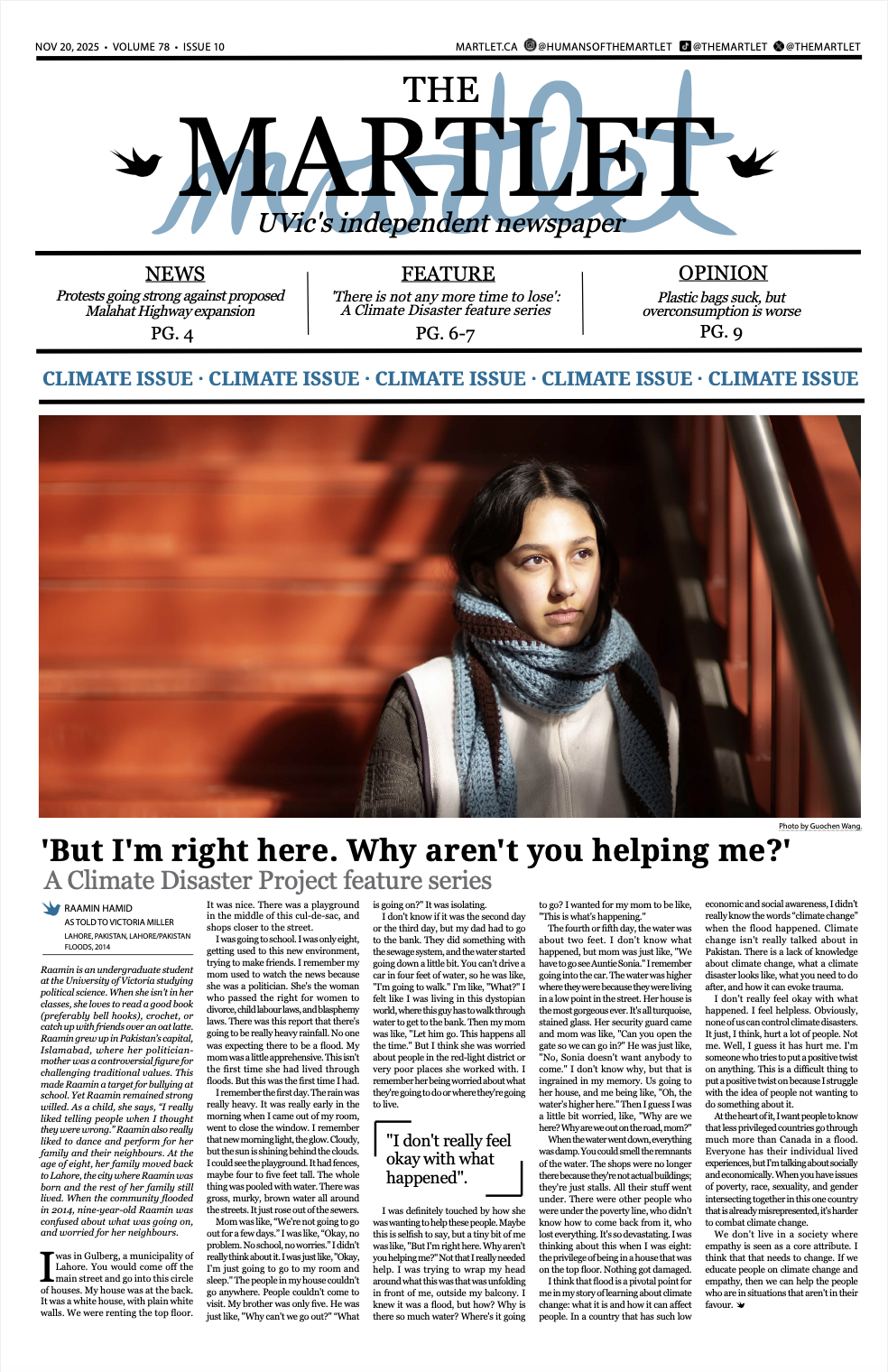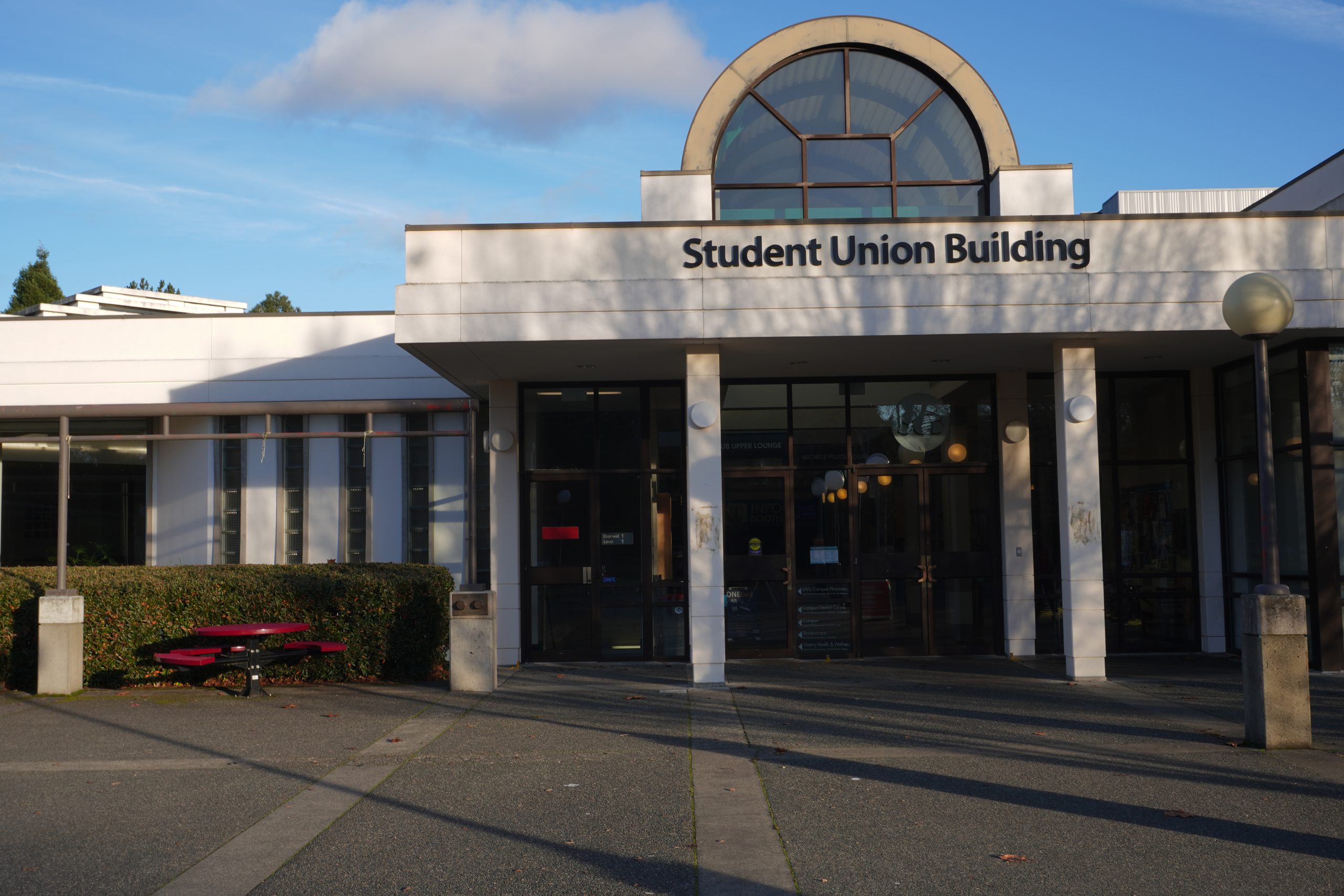At some point in the pursuit of higher education, everyone must choose which direction to take. Often people start by sampling everything, and then later shift into a more specialized field. Some people bypass general studies entirely and head straight for a specialty. Specialist education sells itself as a much clearer path to a stable future than the ambiguous alternative of general studies. But do we place too much emphasis on specializing at the expense of a broader academic perspective?
I believe that we do. How will we solve the major problems of our generation if we do not have a broad understanding of the concepts underlying these problems? Not only on a global scale, but also within any narrower field of study, receiving a general education sets the firmest of foundations for bringing about worthwhile change. My most valuable experiences in university have been taking classes that violently thrust me out of my comfort zone and forced me to approach problems from strange and unfamiliar angles.
To truly explore classes in other departments likely means delaying graduation, which is largely undesirable. An immense sense of pressure to choose a path early on, to get a degree, to land a job, and to start making money, is prevalent among young people. This is a horrible philosophical affliction that breeds doubt over the worth of an apparently vague direction. At times, taking additional classes beyond the requirements felt useless to me, and recalling even half of what was taught in any given course seemed futile. General studies are often pursued at the expense of time, money, and satisfaction.
In addition to taking longer to complete a degree, justifying the expense of paying for superfluous courses, only to graduate as a well-educated jack-of-all-trades and master of none, is difficult. While people usually wouldn’t blatantly claim that general education is not worth the time and money (save my German grandmother, who frequently reminds me, “You could have graduated so many years ago. You could have had a real job by now!”), a notion among young people that specializing is a much more intelligent approach to education still lurks.
Maybe the hardest aspect of taking general studies is the lack of satisfaction provided. Those who study many subjects spread themselves thin, and lose the feeling that their efforts are pushing them toward reaching a tangible goal. Feeling productive is a desirable sensation among students, but it is a feeling that may need to be sacrificed in the name of greater perspective.
My justification for persevering in general studies, despite the apparent setbacks, is that I see it as an investment. I am putting in the hard work now, stretching myself from one corner of campus to the other, feeling like I am out of my depth, and trying to stay afloat, because I believe that one day my approach will pay off in several important ways. Learning new things later in life won’t be as hard as it’s made out to be, novel situations will be easier to handle with a bigger toolbox of problem-solving approaches, and rash decision-making will be avoided by understanding that issues are much more complicated than they seem.
However, a greater emphasis shouldn’t be placed on general education than on specializing—we would lose invaluable expert resources if that were the case. Specializing is an integral part of academic and social spheres, and some people need to spend every waking hour of their life concerned with one specific task in order to move our whole society forward. Pursuing general education without some idea of how to eventually apply a broad base of knowledge is also dangerous. In the absence of a raison d’être, an overwhelming sense of stagnation and hopelessness may instead be the lasting mark of a general education.
Lastly, general education does not necessarily mean taking every “Intro to…”-course offered. Multitudes of ways to become educated outside of a given field are available. Talks and presentations happen around town on a regular basis; thousands of well-written, interesting, and reliable books can be borrowed from a library; coffee shops are rich sources of education, full of people discussing their projects and visions, waiting to be met or eavesdropped upon.
So, next time you feel that your courses are not applicable, or that you shouldn’t take the time to read about subjects outside of your field of study, know that your multifaceted endeavours are a vastly important investment not only in your own future, but also in the future of our society.








